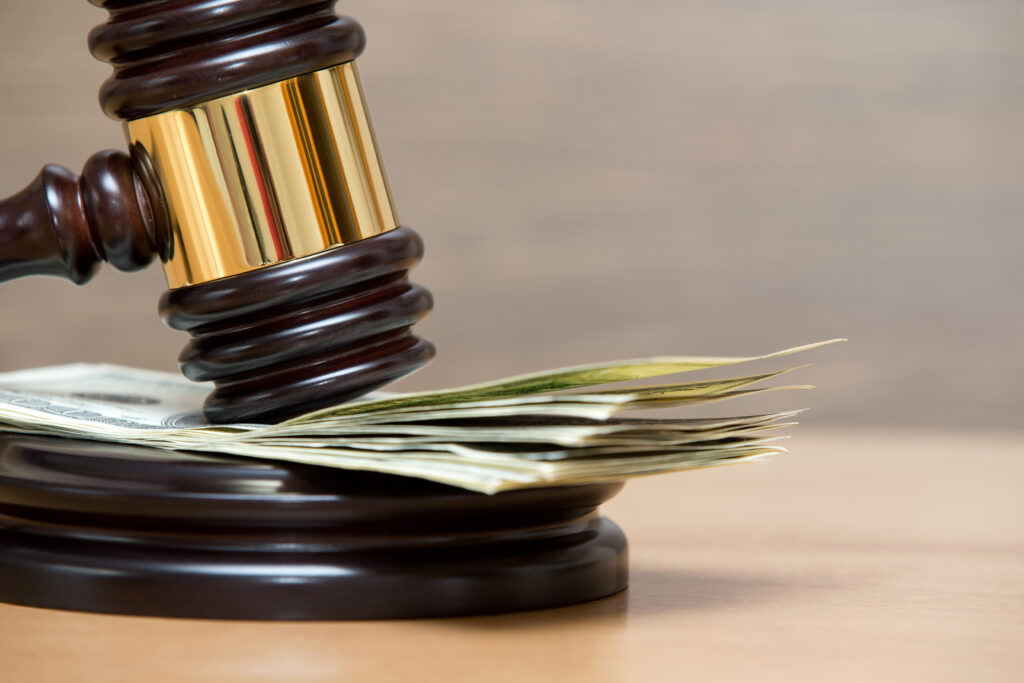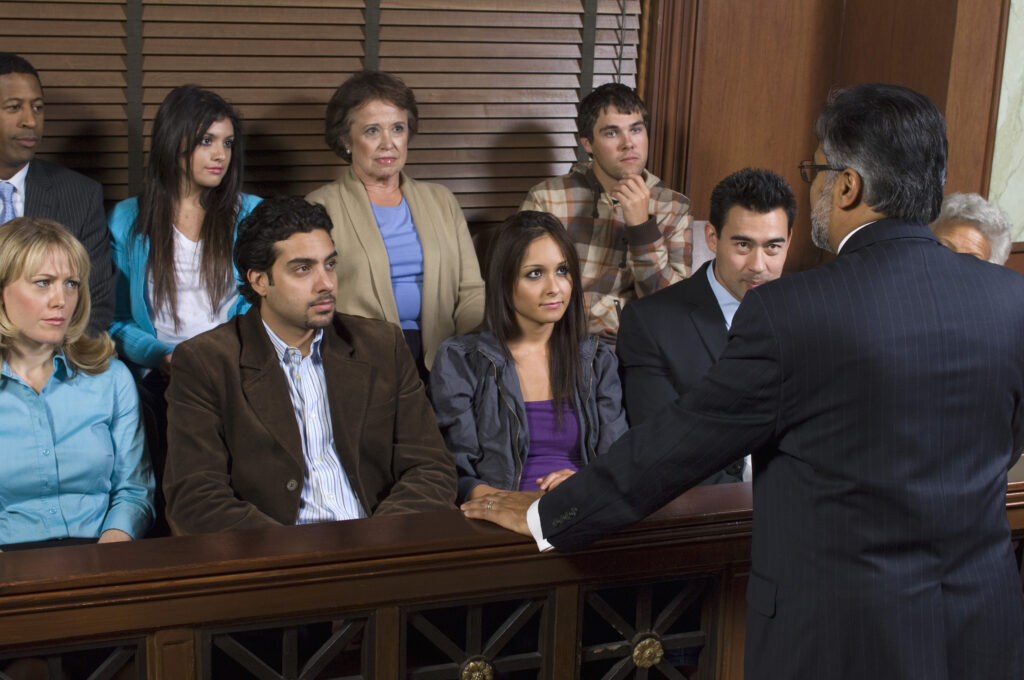WASHINGTON, D.C. — A new report released today by the U.S. Chamber Institute for Legal Reform (ILR) highlights that asbestos bankruptcy trusts are being depleted, jeopardizing their ability to fully compensate future claimants. The report cites that 21 of 35 asbestos trusts operating as of early 2008 are paying an average of 40 percent less than they paid in 2008.
The report, Dubious Distribution: Asbestos Bankruptcy Trust Assets and Compensation, shows that $40 billion was contributed to asbestos trusts between 2004 and 2016, and $25 billion remains. Meanwhile, the report cites that the trust system lacks safeguards to preserve its assets, and that it spends less than three cents per dollar to verify the legitimacy of claims. Additionally, Dubious Distribution points out that most trusts have no contingency fee caps, regularly allowing plaintiffs’ attorneys to collect 40 percent of claims paid out.
The report shows that after attorneys’ fees, trusts expenses, and claims paid to claimants with other ailments are deducted, it is likely that less than half of all trust payments are made to claimants with mesothelioma.
“Asbestos bankruptcy trusts operate behind closed doors, leading to widespread, systemic abuse that threatens their ability to pay future claimants,” said ILR President Lisa A. Rickard. “That’s why Congress and state legislatures must bring transparency to the system to deter fraud.”
In March 2017, the U.S. House of Representatives passed the “Fairness in Class Action Litigation and Furthering Asbestos Claim Transparency (FACT) Act of 2017” (H.R. 985). The FACT Act portion of the bill would reduce “double dip” claims against the trusts and in the tort system by requiring the trusts to report quarterly on who files claims. The system would ensure money is held in the trusts for future victims, while protecting individuals’ personal information just the same as the courts do.
Meanwhile, Dubious Distribution details that 12 states have enacted local asbestos trust transparency laws. The report cites that in 2017 alone, Iowa, Mississippi, North Dakota, and South Dakota enacted such laws.
ILR seeks to promote civil justice reform through legislative, political, judicial, and educational activities at the national, state, and local levels.
The U.S. Chamber of Commerce is the world’s largest business federation representing the interests of more than 3 million businesses of all sizes, sectors, and regions, as well as state and local chambers and industry associations.



